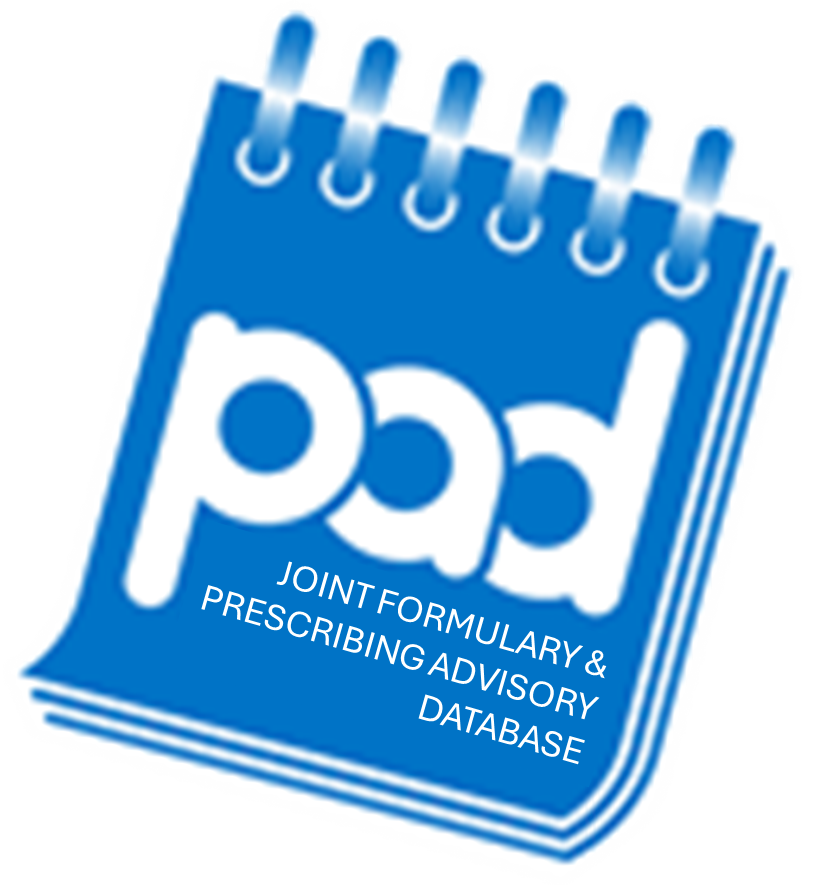
Ustekinumab - Inflammatory bowel disease
You are here : Home > Formulary Search > Ustekinumab - Inflammatory bowel disease
Status 1
- Intravenous infusion
- Subcutaneous injection (sc)
Documentation
PAD Profile
Adults only.
Committee Recommendations (4)
The Surrey Heartlands Integrated Care System Area Prescribing Committee has agreed the reviewed and updated IBD immunomodulator pathway, which is to be found here - https://surreyccg.res-systems.net/PADFormularyV1Admin/Profile/Detail/7986
ULCERATIVE COLITIS
The Surrey & North West Sussex Area Prescribing Committee recommends ustekinumab for treating moderately to severely active ulcerative colitis in line with NICE TA633.
The Area Prescribing Committee also agreed an update of treatment pathway 4 (high cost immunomodulator) for use in Inflammatory Bowel Disease. The Crohn's Disease Pathway and the Ulcerative Colitis Pathway are now incorporated into one document
CROHN'S DISEASE
The Surrey and North West Sussex Area Prescribing Committee recommends that ustekinumab in patients with moderately to severely active Crohn’s Disease, may be dose optimised to 8 weekly when a patient starts to lose response to standard (12 weekly) dosing. Dose optimisation will be for a 16 week treatment course to recapture response.
Patients must return to standard dosing (ustekinumab 12 weekly) after the 16 week course has been completed.
If the patient loses response to the standard dosing within a short time period (12 weeks) then the provider can apply for maintenance funding to return to the escalated dose (8 weekly).
Gastroenterologists can repeat the 16 week course if the patient starts to lose response after returning to 12 weeks of standard dosing.
Ustekinumab is a payment by results excluded drug and will be considered RED on the traffic light system.
Gastroenterology specialists will be required to complete blueteq initiation and continuation forms for the commissioners.
Primary care prescribers should ensure that patient medication records include any medicine for which prescribing remains the responsibility of secondary or tertiary care. This will ensure that GP records, which are accessed by other healthcare providers, are a true and accurate reflection of the patient’s medication
CROHN'S DISEASE
The PCN recommends Ustekinumab as a treatment option for treating moderately to severely active Crohn’s Disease in line with NICE and the associated treatment pathway. Prescribing will be by hospital specialists only, in line with NICE TA456 using Blueteq initiation and continuation forms. Ustekinumab will be considered RED on the traffic light system
Other Indications
Below are listed other indications that Ustekinumab is used to treat.
Other Drugs
Below are listed other drugs that are used to treat Inflammatory bowel disease.
